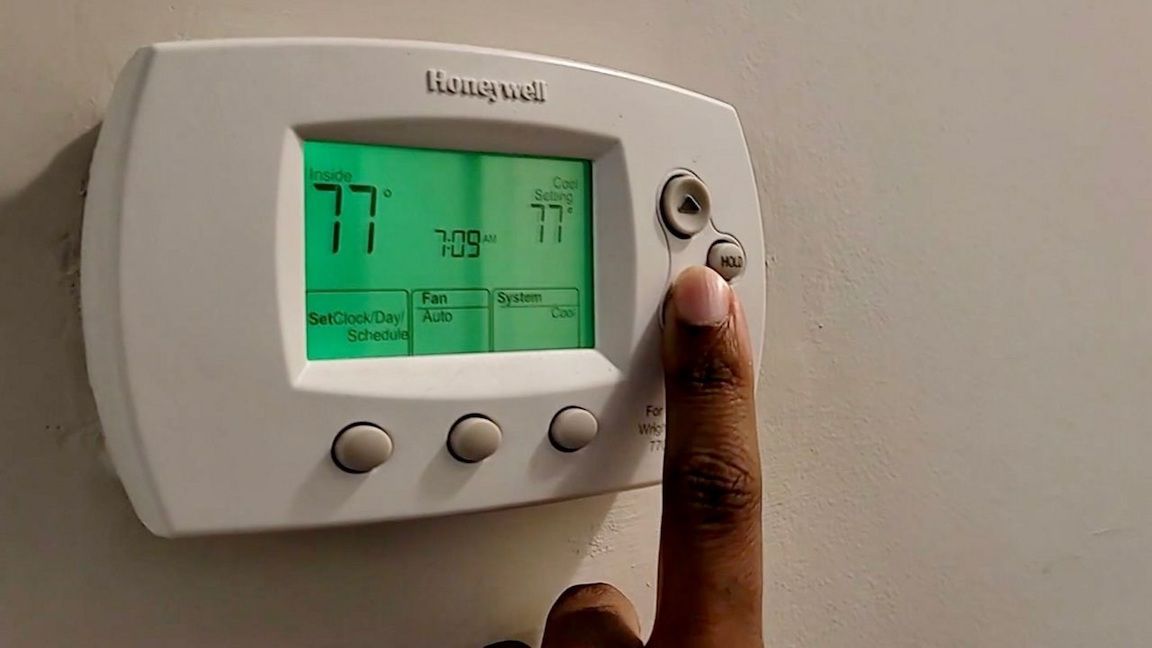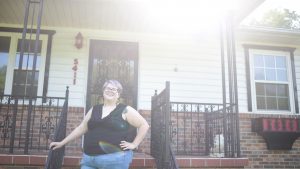
RALEIGH, N.C. – As winter approaches, families across the state are bracing for a jump in heating costs. The U.S. Department of Energy predicts home heating costs will sharply rise this year compared with last.
There are a variety of tips and tricks you can employ to help mitigate those cost hikes.
Jeff Brooks of Duke Energy shares eight easy things we can do to save money on our heating bills.
1. Lower your thermostat
“Every degree that you reduce your thermostat closer to that outside temperature is going to save you significantly on your bill,” Brooks explained.
He also recommends turning it down a few degrees if you’ll be out of the home for a few hours. Turning it down even further if you’re away for vacation or the holidays can keep your heat from running excessively when you’re not there.
Programmable thermostats are relatively inexpensive and one of the easiest ways to make your settings automatic or control the temperature from an app on your phone.
2. Change your air filters routinely
“If there’s one thing you can do to make sure that your unit is working efficiently and saving you money, it’s keep that air filter clean. Because a dirty air filter can increase energy costs by as much as like 20%,” Brooks said.
Air filters vary by shape, size and filtration. Brooks recommends changing them out every one to three months, depending on the filter.
3. Set your water heater to 120 degrees or less
“You don’t really want it to get a lot hotter because then you’re just heating water for no use most of the day,” Brooks said.
4. Run full loads of dishes and laundry
“It’s really important that you run full loads because that will take advantage of the hot water and not make you have to run these partially,” Brooks said.
5. Take showers, not baths
“The shower is going to be better because you’re typically going to use less of it,” Brooks explained.
The caveat is if you’re taking a long, hot shower. A typical shower duration will use less water.
6. Unplug standing appliances
Any appliances you leave plugged in, like phone chargers or razors, use energy even when they’re not in use.
7. Switch your ceiling fan to clockwise
Brooks says the clockwise rotation pulls warm air up and helps to circulate it around the walls of the room. In the summertime, counterclockwise brings cool air down. But don’t forget to turn it off when you’re gone.
“The key thing about fans, though, is they cool and heat people, not rooms,” Brooks said. “So they’re just moving the air. Don’t leave them on all day.”
8. Open blinds to allow heat in
Not only do windows allow for light in your home, they also usher in heat. Brooks recommends opening them during the day and closing them at night.
As a bonus tip, Brooks recommends looking for any air drafts or openings that need sealing in your home.
Unsealed cracks or gaps in windows, doors and walls allow heat to slip out of your home.
For more tips and questions, click here.
The N.C. Department of Health and Human Services offers this page for a variety of resources for anyone needing access for low-income energy assistance, health care, housing and more.




